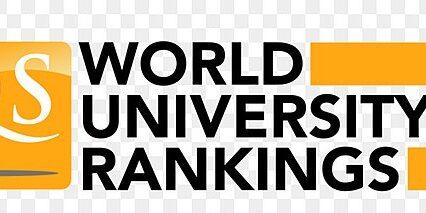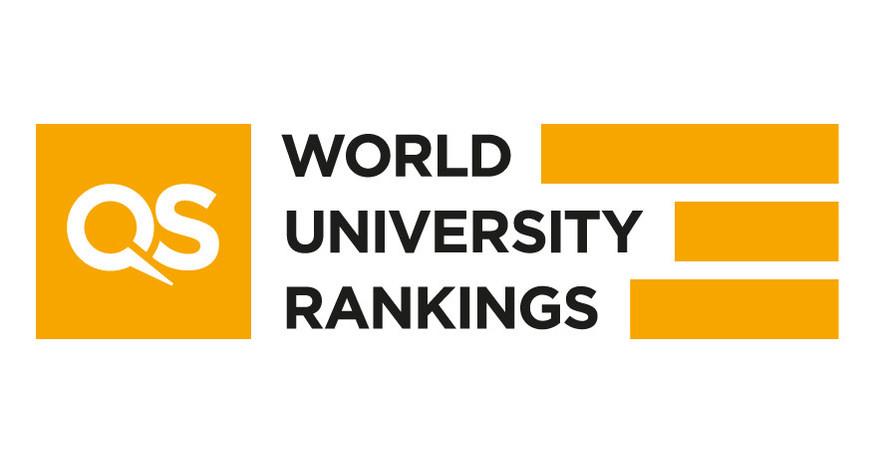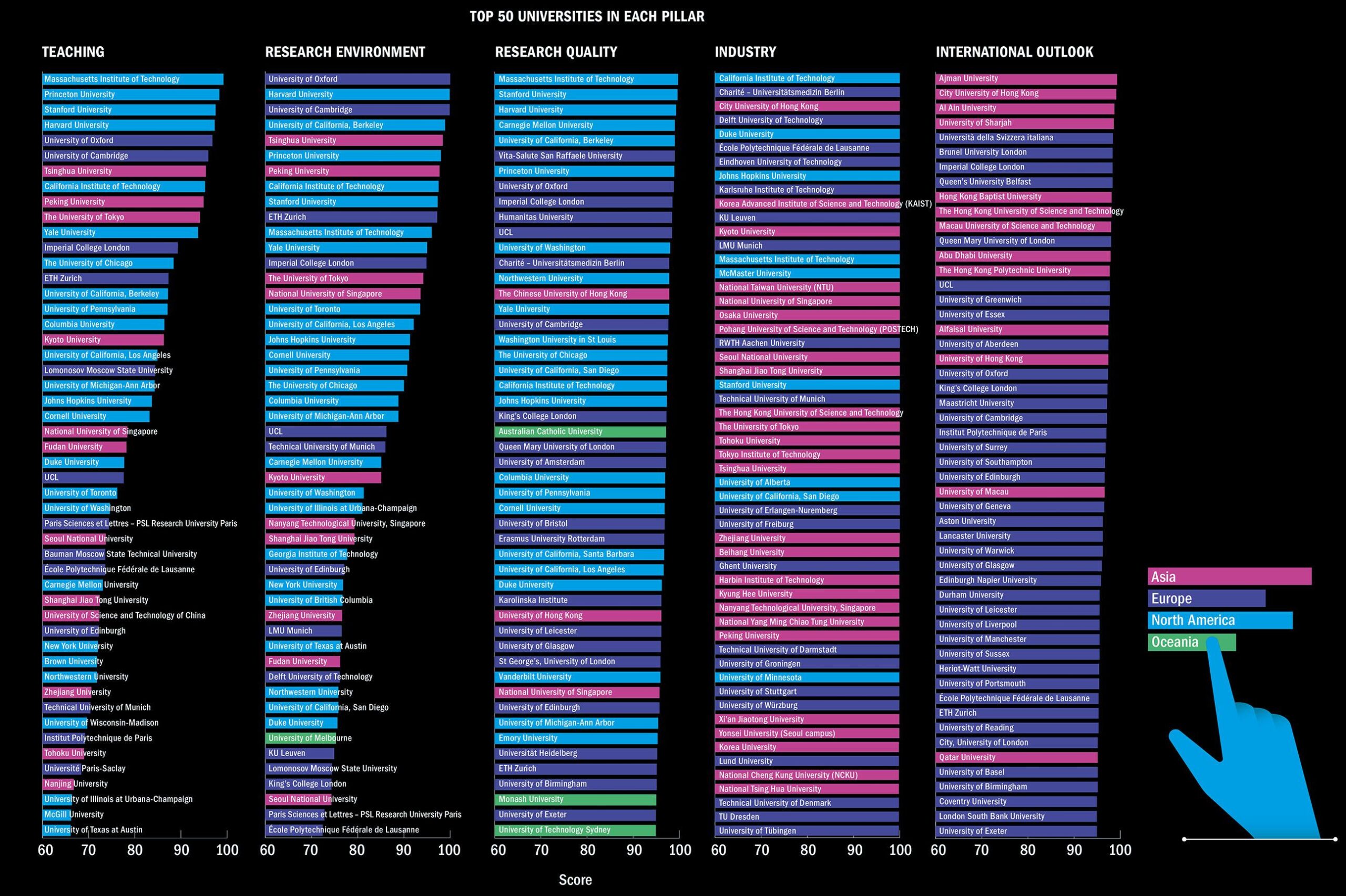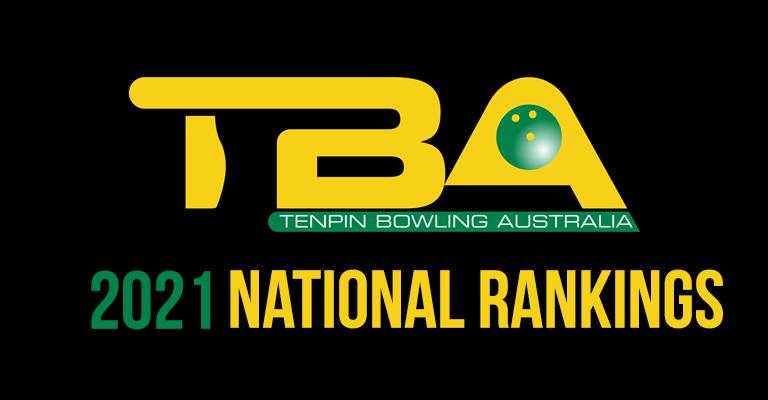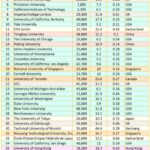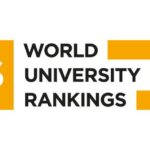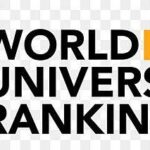Now Reading: How Global University Rankings Can Shape Your Career Prospects.
-
01
How Global University Rankings Can Shape Your Career Prospects.
How Global University Rankings Can Shape Your Career Prospects.
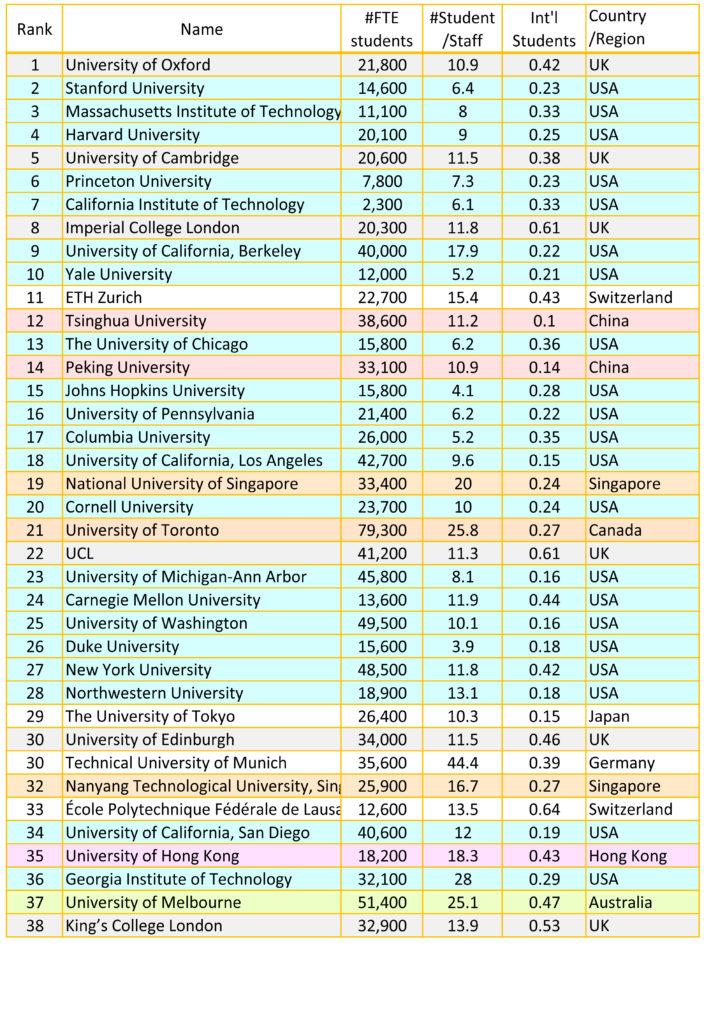
In today’s interconnected world, where opportunities transcend borders, the quest for a prosperous career often begins long before one steps into the professional arena. For many, the journey starts with an important decision: choosing a university.While factors like location, course offerings, and campus culture play pivotal roles, the invisible hand of global university rankings looms large, shaping perceptions and influencing choices. With myriad rankings at our fingertips—each touting its own methodology and criteria—students and employers alike frequently enough look too these metrics as a beacon of quality and prestige. But how do these rankings truly impact career prospects? This article explores the intricate relationship between global university rankings and the pathways they carve for graduates in the competitive landscape of today’s job market, revealing both the opportunities and the pitfalls that come with these numerical representations of excellence.
Understanding the Influence of University Prestige on Employability
When prospective students consider their higher education options, many overlook the notable role that university prestige plays in shaping employability. Prestigious universities often forge robust connections with various industries, which can translate to lucrative internship and career opportunities for their graduates. Employers frequently perceive the reputation of an institution as a shortcut to gauge a candidate’s potential. This perception is not merely anecdotal; research consistently shows that graduates from highly ranked institutions tend to receive more interview requests and have access to exclusive job fairs, considerably boosting their chances of landing desirable roles.
Moreover, the curriculum, networking opportunities, and resources available at these esteemed institutions provide students with a competitive edge. Exposure to industry leaders and innovative projects cultivates a mindset conducive to success in the workforce. Tolling a deeper look, the distinction in employability also varies by field; as an example, industries such as finance and consulting might prioritize candidates from globally recognized universities more than others. Here’s a brief overview of how university prestige correlates with various industries:
| Industry | Preference for Prestige |
|---|---|
| Finance | High |
| Technology | Moderate |
| Healthcare | Low to Moderate |
| Consulting | High |
as the job market evolves, the importance of aligning academic credentials with professional aspirations becomes increasingly apparent. Students who are cognizant of how university prestige intertwines with their career trajectories are better positioned to make informed decisions about their educational paths. by strategically choosing institutions with strong reputations in their chosen fields, they can significantly enhance their employability prospects in a competitive landscape.

Decoding the Criteria behind Global Rankings
Global university rankings serve as a beacon for prospective students, showcasing institutions that excel in various academic and research dimensions. The criteria employed in these rankings often include factors such as academic reputation, employer reputation, faculty-to-student ratio, international faculty ratio, and research output. Each of these elements plays a pivotal role in determining how universities stand against their peers. For instance, universities that boast a high number of publications and citations tend to receive higher scores in research output, thus enhancing their overall ranking and appeal to students aiming for competitive job markets.
Moreover, while quantitative metrics dominate these evaluations, subjective measures like peer assessments offer a qualitative dimension. Institutions that are well-regarded globally can significantly influence students’ career trajectories. Consider the following essential criteria that consistently show their impact on job prospects:
| Criteria | Impact on Career |
|---|---|
| Academic Reputation | Boosts employability and networking opportunities |
| Industry Connections | Enhances internships and job placement chances |
| Research Opportunities | Fosters critical thinking and innovation skills |
| Global Collaboration | Prepares students for diverse workplaces |

Strategic Choices: Selecting Institutions for career Advancement
Choosing the right institution for your education can be a pivotal step in shaping your career trajectory. When navigating global university rankings,it’s essential to consider specific factors that align with your career aspirations. These rankings often reflect the academic reputation, research output, and employer engagement of institutions, which can significantly influence your employability. Opting for a highly ranked university can open doors to prestigious internships, networking opportunities, and access to influential alumni networks that may otherwise be out of reach.
As you evaluate your options, keep in mind the following criteria to identify the best fit for your goals:
- Program Specialization: does the college offer specialized programs or courses relevant to your desired career path?
- Industry Connections: How well does the institution connect with industry leaders and potential employers?
- Support Services: are there resources available, such as career counseling or mentorship programs?
- Cultural Fit: Does the campus culture resonate with your personal values and lifestyle?
In addition to these criteria, you may find it helpful to compare institutions directly. The following table provides a snapshot of how various universities fare according to key ranking metrics:
| University | Ranking Score | Notable Alumni |
|---|---|---|
| University A | 95 | CEO of Fortune 500 Company |
| University B | 88 | Innovator in Tech Industry |
| University C | 82 | Award-Winning Author |
Ultimately, the institution you choose not only impacts your education but also shapes your professional identity. Striving for a university that aligns with both your ambitions and personal values can enhance your overall experience and potential career success.

Leveraging Rankings to Enhance Your Professional profile
In an increasingly competitive job market, your educational background plays a pivotal role in shaping your career prospects. Global university rankings, such as the QS World University Rankings and Times Higher Education (THE) Rankings, serve as valuable indicators of an institution’s reputation, program quality, and overall academic excellence. By showcasing your affiliation with a highly ranked university, you can significantly enhance your professional profile. Employers often look for candidates who not only possess the right skills but also come from reputable educational institutions, making these rankings a crucial element in your job request. Here’s how to leverage them:
- Highlight your alma mater: Clearly indicate the ranking of your university on your resume or LinkedIn profile.
- Discuss your program’s strengths: Incorporate information about your specific program’s ranking in your cover letter to showcase its relevance.
- Network with alumni: Connect with graduates from ranked institutions to explore job opportunities and gain insights about leveraging your shared background.
To illustrate the impact of university rankings on career opportunities, consider the following table summarizing recent employer preferences:
| University Ranking Tier | Employer Preference (%) |
|---|---|
| Top 10 | 85% |
| Top 50 | 70% |
| Top 100 | 50% |
This data illustrates that as the ranking tier of your university improves, so does employer preference. By strategically presenting your educational background and its associated rank, you can better position yourself for exciting opportunities in your desired field.
Wrapping Up
the influence of global university rankings extends far beyond the realms of prestige and academic achievement; they are pivotal indicators that can significantly shape professional futures. As students and professionals navigate the labyrinth of career opportunities, understanding the nuances of these rankings can empower them to make informed choices that align with their aspirations. While a distinguished ranking can open doors and enhance credibility, it is essential to remember that personal drive, skills, and experiences ultimately define success. As we move forward in a world where education and career paths intertwine more than ever, let us leverage these rankings as one of many tools in our arsenal—balancing ambition with a broader perspective on self-growth and exploration. Your journey might just be beginning, and how you choose to navigate it will shape not only your career but the impact you have on the world around you.













